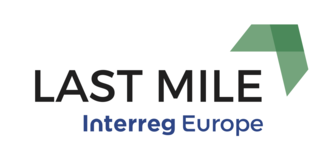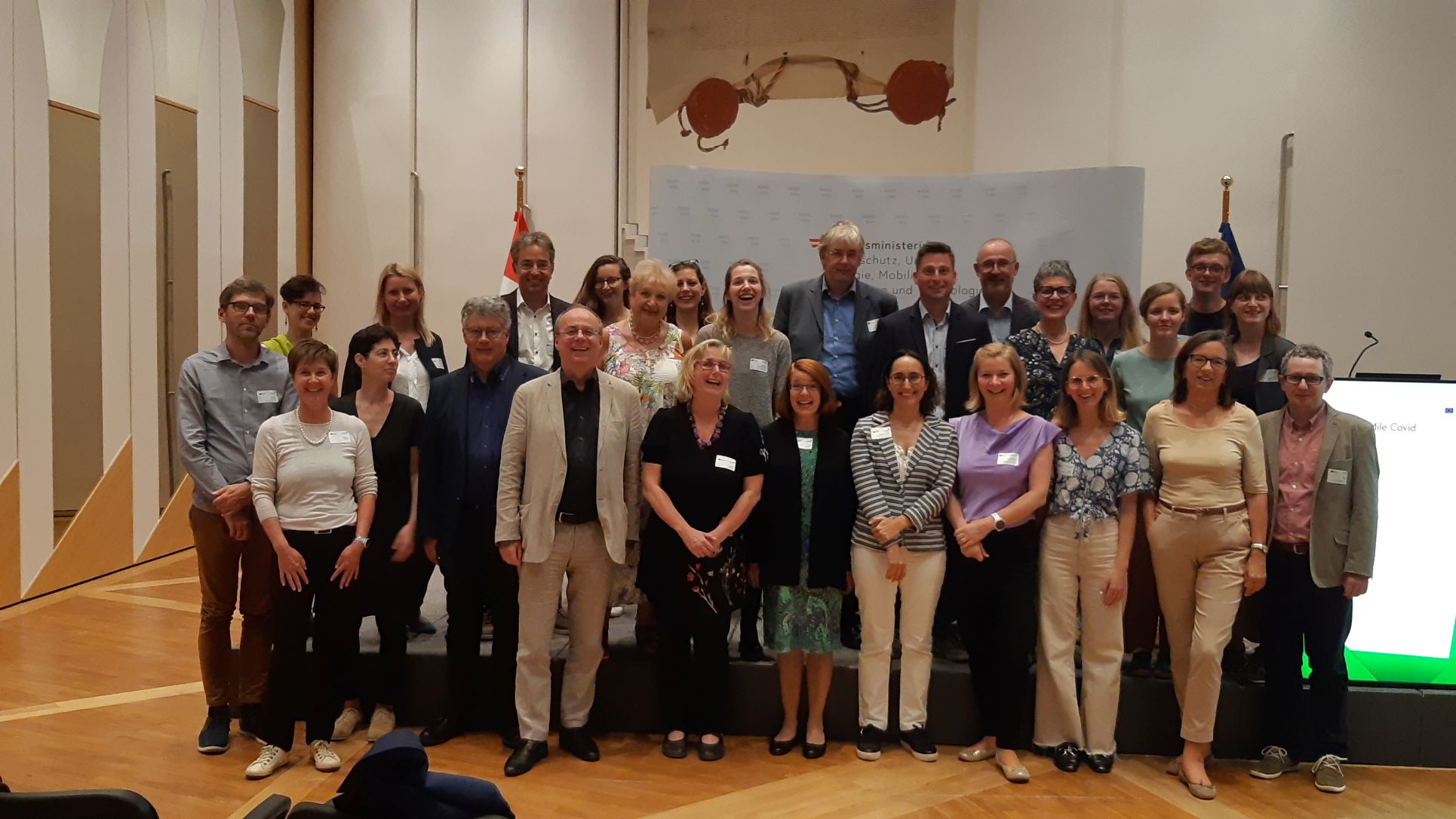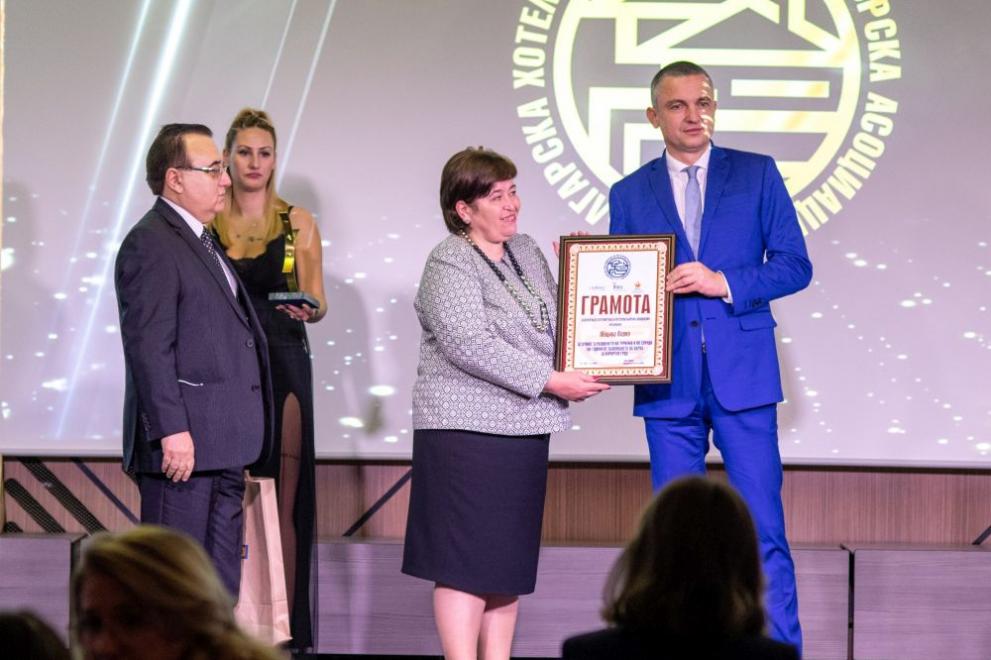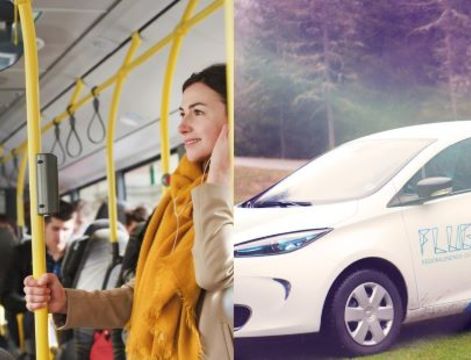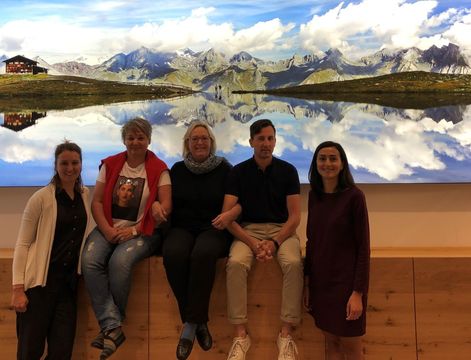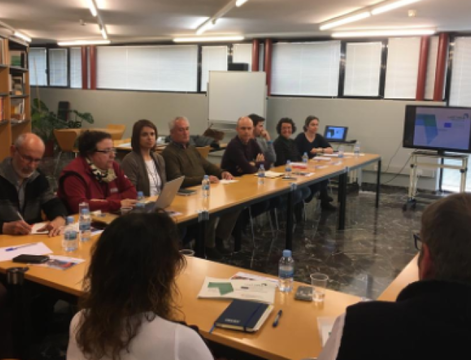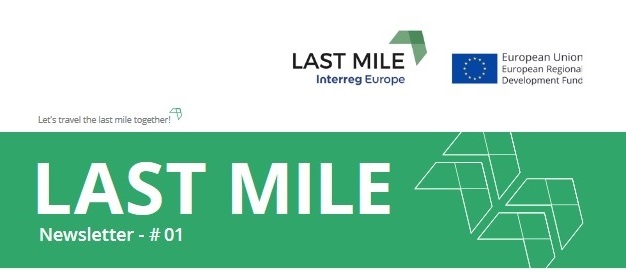The fourth Regional Stakeholders meeting for the LAST MILE project was another one of the series of meetings aimed at presenting the work progress, reporting and identifying the conclusions of the study visits, and collecting feedback on further project activities. The meeting was attended by representatives and leaders of the municipalities involved in the project, academics and representatives involved in public and private transport organizations.
In the first part of the meeting were presented experiences and conclusions from study visits in Catalonia and Varna.
Discussed solutions presented different scales, different approaches to flexible transport systems and other local conditions
in partner regions. These examples may become a valuable inspiration in the development and implementation of flexible systems in the municipalities participating in the LAST MILE project.
In the second part of the meeting were presented the results of two analyzes prepared by the Last Mile team: “Analyses of national and regional framework conditions and identification of barriers of flexible transport" and "Analyses of the technical state-of-art of regional public transport systems and particularly flexible systems". In the first document was presented – among others – the legal, infrastructural, financial, social and organizational constraints and barriers that a potential operator may face
in public transport implementation process especial with the use of flexible systems. At the same time were presented flexible transport systems that are currently operating in Poland despite identified obstacles. The second document discussed the spatial and communication conditions of the project area, with particular emphasis on tourism issues. Despite the barriers, regional and functional conditions have been presented on examples of call/dial buses in Szczecin and tourist bicycle rental system
in Świnoujście and Międzyzdroje.
The meeting ended with a discussion on the presented conditions and examples of already functioning flexible transport systems in Poland and further development opportunities of such systems in the project area.
